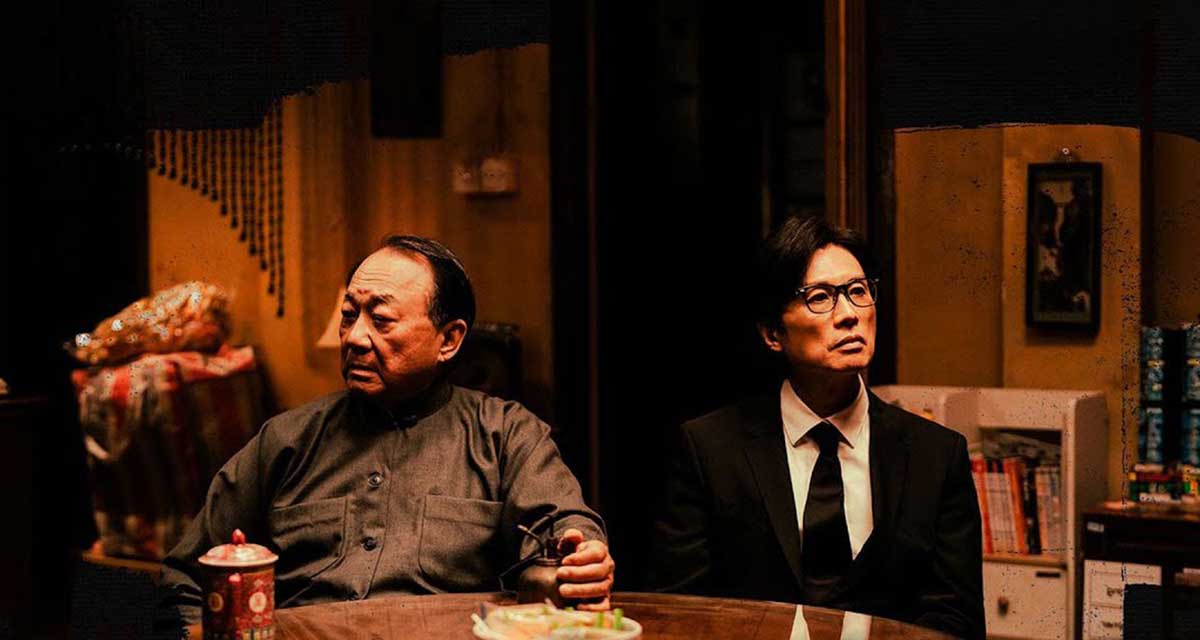Movie About Funerals Became Hong Kong’s Biggest Hit
It’s not often that a film about the funeral industry becomes a cultural phenomenon, but The Last Dance (破地獄) did just that. This 2024 comedy-drama arrived with little fanfare and went on to smash box office records, showing that a story with a lot of heart can connect with audiences everywhere. The movie’s success proves that some of the most famous films come from the most unexpected places, blending humor with topics that are deeply human. Its journey to the top of the charts is a story in itself, much like the recent success of the courtroom thriller A Guilty Conscience.
The film captured the hearts of millions and became a massive talking point. Here is a quick look at what makes this movie so special:
- An Unconventional Story: The Last Dance follows a man who, after a series of personal setbacks, is reluctantly pulled into his family’s traditional funeral business. It’s a world he never wanted, but one that ultimately forces him to grow.
- A Powerful Performance: The movie is anchored by Dayo Wong, a comedy icon in Hong Kong. His portrayal of the main character is both hilarious and deeply touching, bringing a unique charm that is central to the film’s appeal.
- Record-Breaking Success: It became the highest-grossing local film in Hong Kong’s history. Its ability to draw huge crowds demonstrates how a well-told story can resonate with a modern audience, even when it focuses on traditional values.
A Story of Life, Death, and Family Business
The plot of The Last Dance revolves around Chiu, a middle-aged man whose life is not going as planned. He sees himself as a forward-thinker, but his career has stalled, and his personal life is messy. Things take a sharp turn when he is forced to take over the family business—a company that handles traditional Taoist funeral rites. For Chiu, this is the last thing he wants. He sees the rituals as old-fashioned and the work as grim.
His initial approach is to “modernize” the business, which leads to a series of comedic and disastrous results. He clashes with the long-serving employees who are dedicated to the old ways, and he struggles to understand the deep meaning behind the ceremonies. The film finds its humor not in making fun of the traditions, but in Chiu’s clumsy and often arrogant attempts to change things he doesn’t understand.
What starts as a comedy about a fish out of water slowly transforms into something much deeper. As Chiu spends more time with grieving families, he begins to see the importance of his work. He learns that these rituals are not just empty gestures; they are a way for people to process loss, show respect, and find peace. The story beautifully illustrates how a profession centered around death can ultimately teach someone so much about life.
The Heartbeat of the Film: Dayo Wong
A huge part of the movie’s success rests on the shoulders of its star, Dayo Wong. To audiences outside of Hong Kong, he may not be a household name, but within the city, he is a comedy legend. Known for his sharp, observational stand-up comedy, Wong has a unique ability to find humor in the absurdities of everyday life. He brought that same energy to The Last Dance.
His character, Chiu, could easily have been unlikable. He is cynical, a bit selfish, and dismissive of his family’s legacy. But Wong plays him with an underlying vulnerability that makes you root for him. You see the disappointment behind his sarcasm and the loneliness he tries to cover up with bravado. His comedic timing is perfect, turning simple scenes into laugh-out-loud moments.
Yet, it is in the film’s quieter moments that his performance truly shines. When he finally connects with a grieving client or has a moment of understanding with his family, Wong’s performance is incredibly sincere. He shows that the same man who makes you laugh can also make you feel the weight of his emotional journey. It is this balance of humor and heart that makes his character, and the film, so memorable.
More Than Just a Movie: A Cultural Moment
The box-office performance of The Last Dance was astonishing. It didn’t just do well; it became the number one Hong Kong-produced film of all time. This success is significant because it shows a strong audience appetite for local stories that reflect their own culture and values.
The film’s themes hit close to home for many. Here are a few reasons why it connected so deeply:
- Family and Duty: The story explores the push and pull between modern desires and traditional family obligations. This is a feeling many people around the world can relate to—the pressure to follow a certain path versus the desire to create your own.
- Finding Meaning in Work: Chiu’s journey from hating his job to finding purpose in it is a powerful message. The film suggests that meaning can be found in the most unexpected places, especially when you are serving others.
- Respect for Tradition: In a rapidly changing world, the movie offers a warm look at the importance of cultural heritage. It presents ancient rituals not as relics of the past, but as living traditions that continue to provide comfort and connection.
While the funeral customs shown are specific to Chinese culture, the emotional core of the story is universal. Grief, family conflict, and the search for one’s place in the world are experiences that transcend borders. The film’s success demonstrates that a story, no matter how local its setting, can have a global appeal if its emotions are true.
This movie is a celebration of finding your way back to what matters. It reminds us that sometimes the most important lessons come from the places we least expect, and that there is often great joy to be found even when dealing with life’s most serious moments.

No Responses